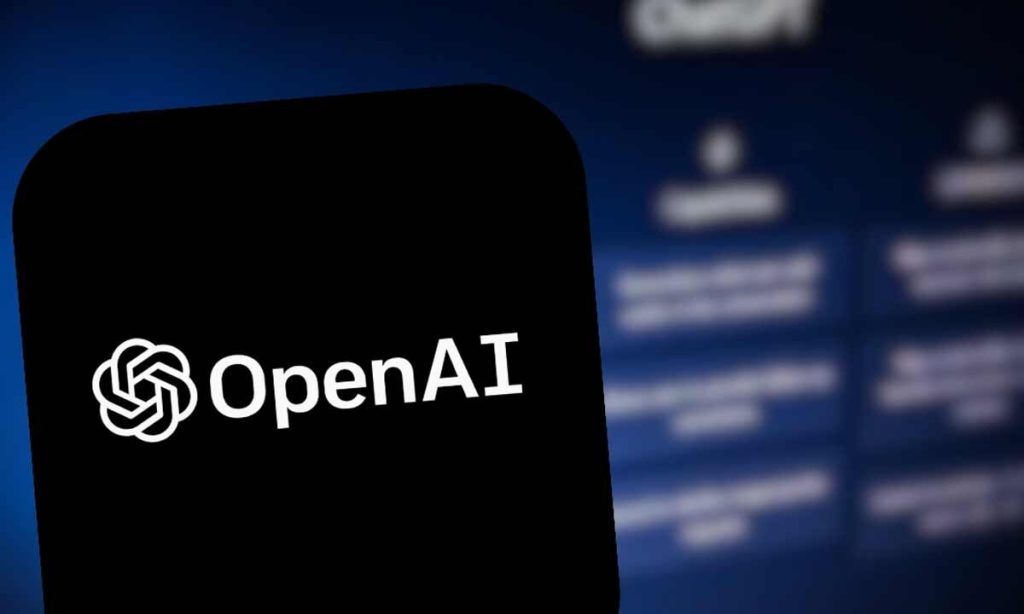OpenAI, best known for ChatGPT, is gearing up to disrupt the professional networking and recruitment market with a bold new venture. The company has announced that it is building a platform designed to directly compete with LinkedIn, aiming to reshape how employers and workers connect in the age of artificial intelligence.
The upcoming OpenAI Jobs Platform, expected to launch by mid-2026, was revealed in a blog post by Fidji Simo, CEO of Applications at OpenAI. She explained that the initiative seeks to “use AI to help find the perfect matches between what companies need and what workers can offer.” Unlike traditional job portals, this platform will leverage AI-powered matching to align skill sets, experience, and employer requirements more precisely.
Simo also noted that the platform will go beyond major corporations. A dedicated track will allow small businesses and local government bodies to tap into AI-driven recruitment, helping them access skilled professionals who may otherwise be overlooked in mainstream hiring channels.
This development places OpenAI on a collision course with LinkedIn, the long-standing leader in professional networking. The rivalry has a unique twist: LinkedIn’s co-founder Reid Hoffman was one of OpenAI’s early backers. Furthermore, LinkedIn is owned by Microsoft, OpenAI’s largest investor and strategic partner. The move raises questions about how the two companies will balance collaboration in some areas with direct competition in others.
For OpenAI, this step is part of a broader push to expand its portfolio beyond ChatGPT. Sam Altman, CEO of OpenAI, has already signaled that Simo will oversee multiple applications beyond the chatbot. Reports suggest the company is exploring additional consumer-facing products, including a web browser and even a social networking app.
At the same time, OpenAI is making moves to help workers build the skills needed to thrive in an AI-powered economy. Through its OpenAI Academy, the company plans to roll out certifications that measure levels of “AI fluency.” A pilot program is slated for late 2025, with Walmart collaborating to scale the effort nationwide. The long-term ambition is to certify 10 million Americans in AI skills by 2030.
These initiatives align with the White House’s AI literacy programme, where OpenAI is seen as a key contributor. Altman, along with other technology leaders, is expected to meet with President Donald Trump at the White House this week to discuss AI’s long-term impact on the workforce and society.
Still, the announcement comes at a time of growing unease about the potential impact of AI on jobs. Dario Amodei, CEO of Anthropic, has cautioned that as much as 50 percent of entry-level white-collar positions could disappear by 2030 due to AI-driven automation. Simo acknowledged these concerns in her blog post, admitting that “disruption is unavoidable.” However, she emphasized OpenAI’s responsibility to ensure workers adapt successfully by gaining AI skills and connecting with companies in need of those capabilities.
With the launch of its job’s platform, OpenAI is not only challenging LinkedIn’s dominance but also positioning itself at the heart of the future of work.

